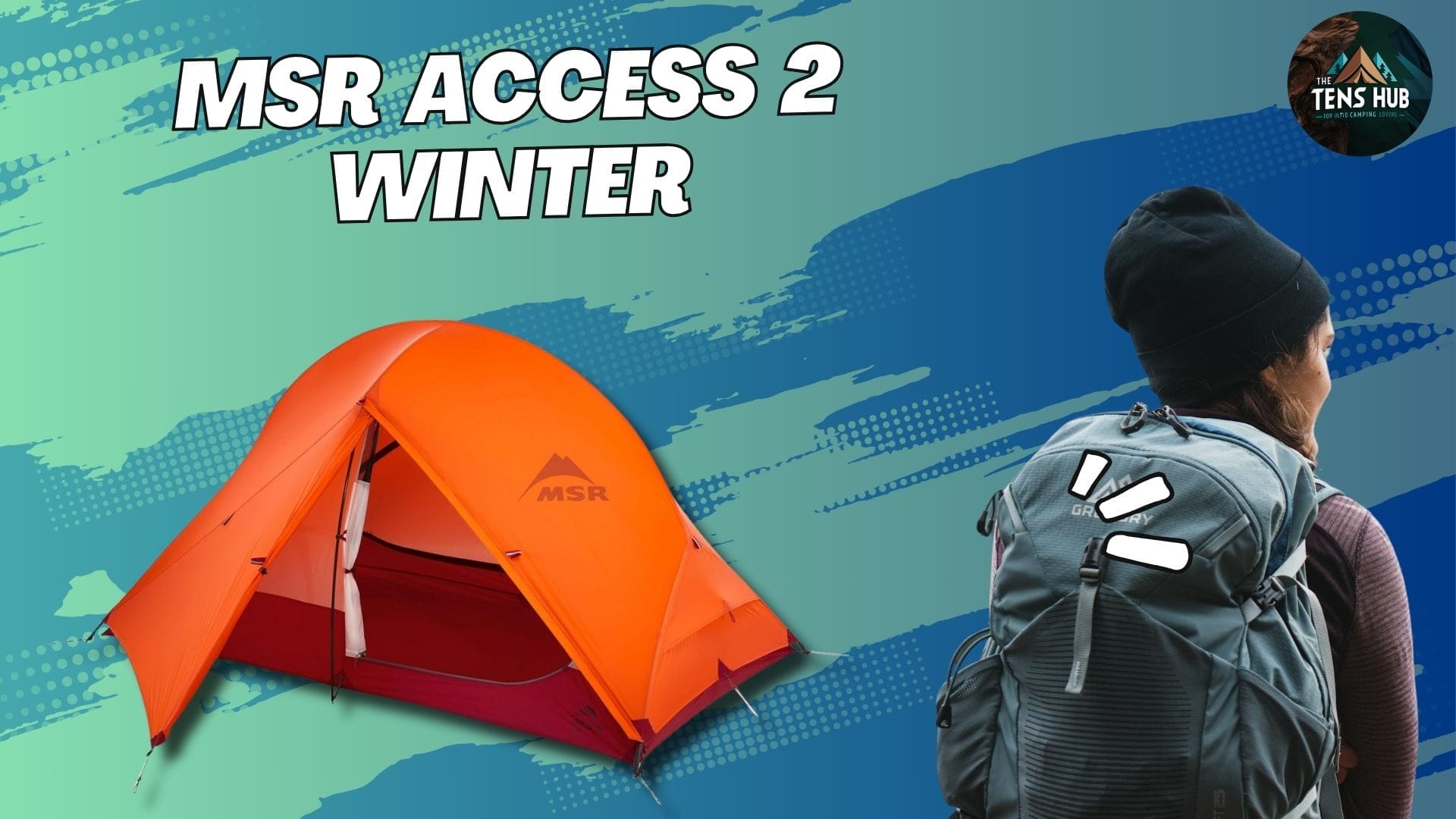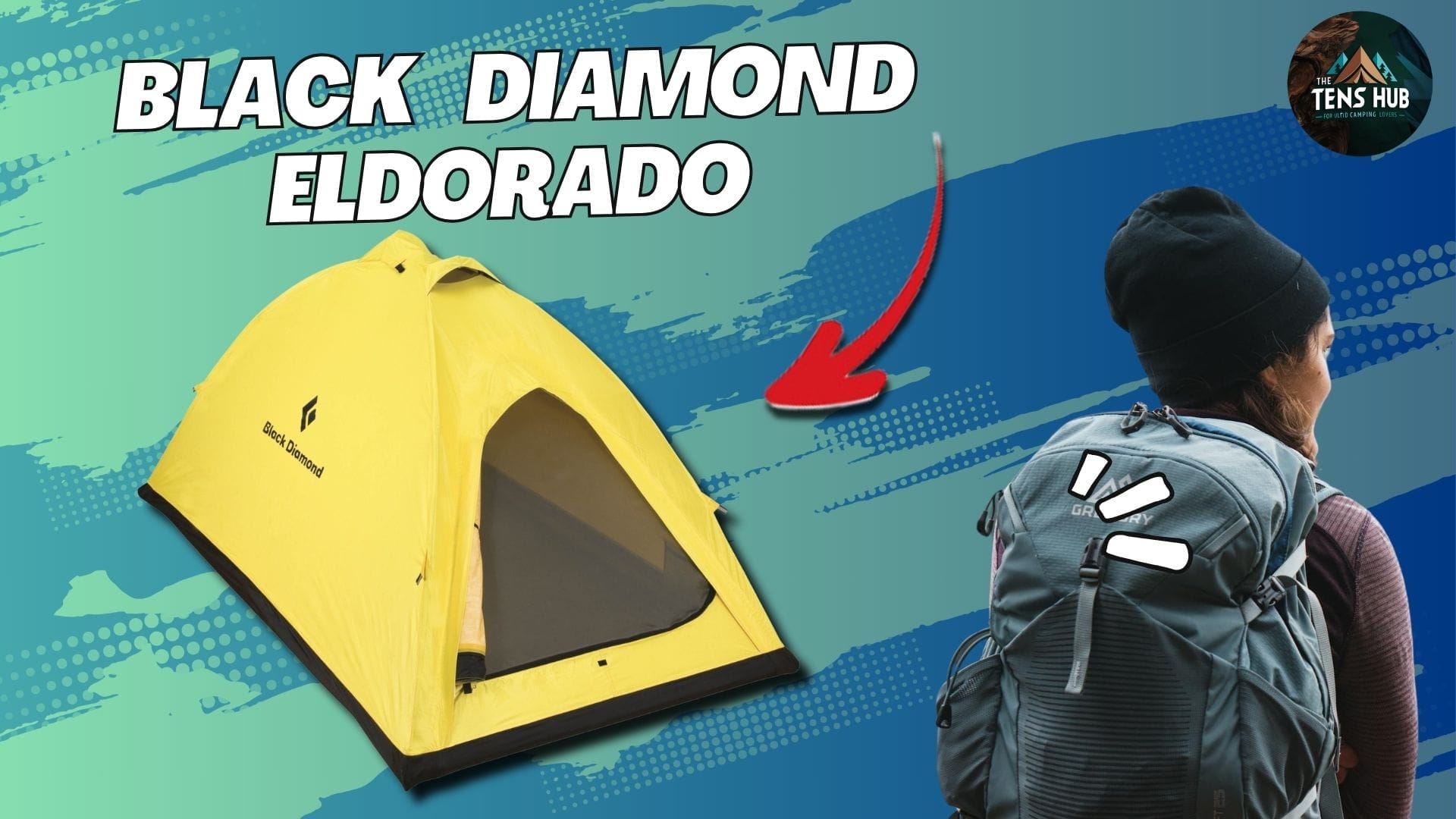Why Snow Camping? The Thrill and the Challenge
Snow camping isn’t for the faint of heart. It’s for campers who love the quiet beauty of untouched landscapes, the thrill of braving the elements, and the deep sense of accomplishment that comes with it.
Suppose the ground is covered in fresh snow, there is silence around you, and the morning light is sparkling on ice crystals.
But along with that beauty comes real risk.
Without the right setup, it’s easy to feel the discomfort—or even danger—of winter camping.
That’s where a snow-ready tent comes in.
Unlike typical tents, snow camping tents are designed for extreme cold, heavy snow, and harsh winds.
If you’re serious about winter camping, a sturdy, well-insulated, and weatherproof tent is a must.

What Sets Snow Camping Tents Apart?
A snow camping tent is no ordinary piece of gear.
Here’s why it’s different:
- Strength to Withstand Heavy Snow and Wind
- Snow piles up fast, and if your tent isn’t sturdy, it could collapse under the weight.
- Look for aluminum poles—they’re lightweight but strong.
- Reinforced seams and thicker fabrics are essential, too, for withstanding both snow and wind.
- Insulation Without Condensation
- Cold-weather tents use special fabrics that insulate well without trapping moisture.
- Ventilation is key in snow tents, even if it sounds counterintuitive; it prevents moisture buildup inside the tent from your breath and body heat.
- Quick Setup, Even with Gloves On
- Fumbling with tiny parts in freezing temperatures is a nightmare.
- Choose a tent with a simple pole system and easy-to-grip toggles or clips.
- Waterproofing That Works in Snow
- Snow is cold, but when it melts, it’s just as likely to leak through as rain.
- Look for tents with high waterproof ratings, especially on the floor. A high bathtub floor is great for keeping water out, as are taped seams.
Let’s break down some top choices to make your winter adventure comfortable, safe, and memorable.
Top Tents for Snow Camping

Each of these tents is built to handle winter’s worst, with unique features that cater to different types of snow camping.
1. ALPS Mountaineering Tasmanian 2-Person Tent

- Features: Lightweight design, strong aluminium poles, and quick setup.
- Why It’s Great: This tent is a solid all-rounder for snow camping. It’s designed to handle extreme weather and offers great warmth without breaking your budget.
- Key Specs:
- Weight: 7 lbs. 4 oz.
- Waterproof Rating: 1500 mm fly / 5000 mm floor
- Price Range: Affordable, making it accessible for most campers.
Quick Story:
I once took the ALPS Tasmanian out during a heavy snowstorm, and it held up impressively. The poles stayed firm, and despite snow piling up around us, the interior stayed dry and comfortable. If you’re budget-conscious, this tent’s your go-to. Check out our guide on best hiking tents under $100 for more budget-friendly options.
2. MSR Access 2 Winter Backpacking Tent

- Features: Ultra-light yet strong enough for snow, designed for mountaineering and high-altitude camping.
- Why It’s Great: For campers planning to carry their gear over long distances, this tent offers four-season protection with a focus on keeping weight down.
- Key Specs:
- Weight: 3 lbs. 10 oz.
- Waterproof Rating: 1200 mm fly / 3000 mm floor
- Price Range: On the higher end, but excellent for serious winter backpackers.
Real-Life Scenario:
On a recent backpacking trip in the Rockies, I carried the MSR Access 2 and was blown away by how light it felt. When the temperature dropped overnight, the insulation and shape kept us warmer than expected.
For campers who enjoy winter hikes, this tent is ideal. We also have a detailed guide to waterproof tents for camping for those needing high moisture resistance.
3. Black Diamond Eldorado Tent

- Features: Compact, single-wall design with excellent breathability.
- Why It’s Great: This one’s designed for climbers and mountaineers who need a strong tent that handles high winds and snow but packs down small.
- Key Specs:
- Weight: 4 lbs. 8 oz.
- Waterproof Rating: Breathable fabric without an outer fly, still highly water-resistant.
- Price Range: Higher, but it’s a rugged tent made for the toughest conditions.
User Insight:
If you’re heading to high-altitude locations, the Eldorado’s compact design and breathable fabric make it an excellent choice. Although it lacks extra vestibule space, it’s made to handle mountain conditions like a champ.
If you want to explore more tents designed for extreme conditions, see our guide on extreme cold weather tents.
Pros and Cons of Snow Camping Tents
Pros:
- Weather-Resistant: Snow camping tents offer more protection than standard camping tents, keeping you safe and warm.
- Durability: Reinforced poles, thicker fabrics, and high waterproof ratings make these tents reliable for harsh conditions.
- Built for Comfort in Cold Weather: Insulation and design keep your warmth in and the elements out.
Cons:
- Weight: Snow tents can be heavier due to added materials, so they’re not always ideal for long hikes.
- Price: Specialized materials and features can drive up costs.
- More Complex Setup: While they’re designed for extreme weather, snow tents often come with extra poles or parts that can make setup slower in cold conditions.
Tips to Stay Warm While Snow Camping
- Set up on the Right Spot
Avoid low spots where cold air settles.
Look for a sheltered area to protect from wind, like behind trees or rocks. - Add an Insulating Layer Below You
Use a ground tarp and an insulated sleeping pad to keep cold from creeping in through the ground. - Ventilate to Avoid Condensation
Keep a vent open to let moisture escape—trust me, it makes a difference.
Condensation can soak your gear, so proper ventilation is essential for staying warm and dry. - Bring a High-Quality Sleeping Bag
Go for a bag rated for sub-zero temperatures.
Combine it with an insulated sleeping pad, and you’ll stay warmer. - Keep Extra Layers Handy
Even if you’re warm when you go to bed, temperatures can drop overnight.
A few extra layers or a blanket will help if things get colder than expected.
FAQs: Snow Camping Basics
1. Can I use a regular tent in snow?
- It’s possible, but not recommended.
- Regular tents lack the reinforcement needed to handle snow and wind, plus they often don’t insulate as well.
- If snow camping is on your bucket list, invest in a tent specifically made for it.
2. How do I prevent condensation inside my tent?
- Keep at least one vent open at all times.
- In sub-zero temps, condensation can freeze, making your tent colder, so ventilation is key to preventing that moisture.
3. How much space do I need?
- Winter gear takes up extra room, so a two-person tent is often a better fit for solo campers in cold weather.
- For families, see our guide to large tents for family camping, which highlights roomy tents that stay cozy even in winter.
4. What’s the best material for snow camping tents?
- Look for tents with a mix of durable fabric and insulation.
- Materials like ripstop nylon and polyester work well and are often coated for waterproofing.
The Takeaway: Choosing the Right Tent for Snow Camping
Snow camping is an adventure worth every bit of planning.
A well-chosen tent will not only keep you comfortable but also add to the experience of waking up to a winter wonderland.
Whether you’re out for a weekend or planning a week-long trek in harsh weather, the right tent is your ultimate safeguard against the cold.
With the right gear, there’s no reason you can’t enjoy snow camping in all its chilly beauty.
For more on winter camping essentials, visit Waterproof Tents for Camping for our top picks.


